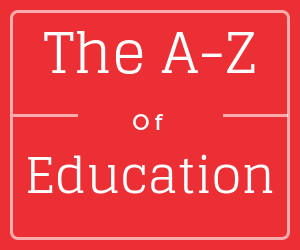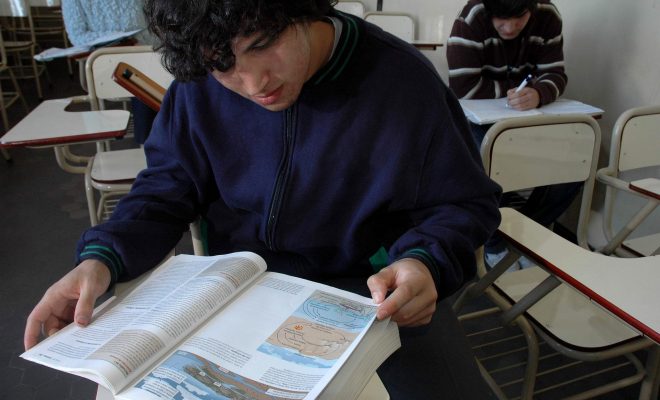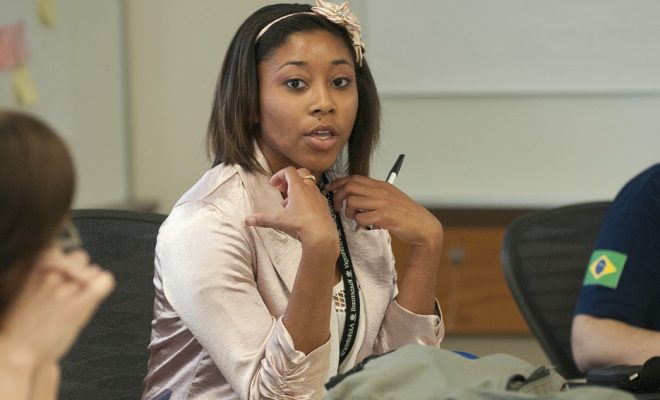Pass or Fail: Effective Teachers Instead of Retention and Social Promotion

In this multi-part series, I provide a dissection of the phenomenon of retention and social promotion. Also, I describe the many different methods that would improve student instruction in classrooms and eliminate the need for retention and social promotion if combined effectively.
While reading this series, periodically ask yourself this question: Why are educators, parents and the American public complicit in a practice that does demonstrable harm to children and the competitive future of the country?
What if the tools to eliminate retention and social promotion already exist in our classrooms?
What if all we need are more effective teachers?
Given their centrality to the student’s learning experience and to the management of education as a whole, it’s obvious why effective teachers form the most important alternative to retention and social promotion policies. With qualified, competent teachers, most students exhibiting learning difficulties should nonetheless be able to achieve enough academic progress to warrant advancement to the next grade. Indeed, what this conclusion might indicate is that there should be some internal streaming within grades of the American education system.
Students struggling with literacy or math skills could be streamed into a specific classroom either for a specific grade or for the teaching of a specific subject. The focus of the teaching could be to address the specific challenges experienced by the individual learner, to essentially teach to the student, to interpret standards and expectations for the particular student, and to play to their strengths and target their weaker areas for development.
According to Bellanca, the most successful attempts to teach for intelligence entail several basic assumptions. First, teachers must acknowledge that traditional methods for teaching are not always wrong. There are, Bellanca suggests, many high-achieving students who thrive under the traditional approach to teaching and many typical students or low-achieving students who can improve under a more traditional teaching focus. The key is that traditional methods are inadequate for many students who are less achievement-driven.
Because all students are expected to learn a specific curriculum, it is important that all students have the opportunity to be taught in a manner that enriches their learning. This applies to high achievers as well as to those who struggle academically. When faced with a less motivated student, however, a teacher must be able to develop a strategy to target their specific needs. Individual teachers must have a greater repertoire of methods.
More than this, best teaching practices should concentrate on building new theories of intelligence. Teachers should be familiar with new theories of intelligence and be able to build on them in their teaching practices. We do not have the space in this volume to elaborate on specific theories, but it is appropriate to mention Howard Gardner’s theory of multiple intelligences, Robert Sternberg’s theory of successful intelligence, Daniel Goleman’s theory of emotional intelligence, and Reuven Feuerstein’s theory of structural cognitive modifiability.
The second point is that the public education system should encourage teachers to regard the process of teaching as a strategic act of engagement, consistent with new theories of intelligence that identify active engagement of students’ minds as a prerequisite for learning. Indeed, teachers have support to apply planning as a means of facilitating the effective application of proven engagement strategies. By regarding teaching as a strategic act, teachers can go about the designing lessons and units that integrate a variety of strategies with targeted content so that each student understands the required knowledge and develops the required skills.
Third, teachers have to understand that it takes more than a review of theoretical information to change teaching practices. Continuing education for teachers is crucial but it must include more than theoretical discussions. There must be some effort for teachers to learn to apply new teaching strategies in the classroom, with guidance to ensure that best practices are actually achieved. In other words, the education system should develop scenarios for teachers to receive regular practical training in addition to theory-based continuing education instruction.
Finally, teachers must also be aware that changing their teaching style or otherwise enhancing it is also going to require, in most instances, that students make changes in their own learning styles. Indeed, when teachers encounter students who are struggling academically, the need to change learning styles may be very immediate. It should, however, be recognized that changing learning styles can be extremely challenging for students. Especially when teachers are making changes to their teaching, it is important for them to be aware that the change process has equally significant ramifications on the student’s side of the desk.
Beginning from an abstract, theoretical point of view and using that to construct a framework or big picture may work in some classroom scenarios. On the other hand, starting with a hands-on classroom test of a new method may be the best approach, and will allow students to be involved in the subsequent evaluation.
As alternatives to retention and social promotion, effective teachers function as the most immediate tools available to the education system in terms of identifying at-risk students and applying all that is known about education and teaching strategies and the capacity to adjust teaching models and the like. This could help at-risk students to master the knowledge and skills needed for them to be able to successfully meet standards for graduation. Like any tool, however, teachers need effective handling as well. They need to receive regular training updates, access to research information, and access to networking opportunities.






